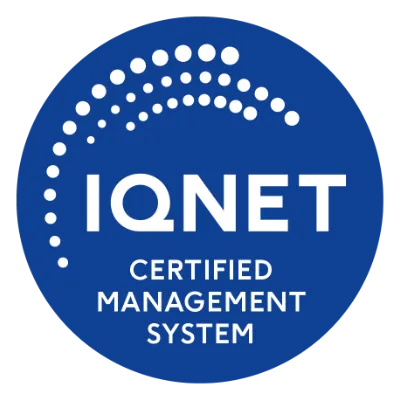
Dear colleagues,
Good morning good afternoon,
I’ve just returned from the United Arab Emirates, where I visited WHO’s logistics hub in Dubai. At the time of my visit, WHO staff were preparing supplies to be airlifted to Lebanon and Sudan.
I was impressed at how the logistics hub has significantly expanded its capacity to handle the increased demand for emergency health supplies. In the first six months of 2024 alone, the team has organized 24 charter flights to deliver supplies to 54 countries across all six WHO regions. This compares with 35 flights in the whole of 2023.
I am extremely grateful to the Government of the United Arab Emirates for facilitating WHO’s work and for supporting some of these deliveries by covering transportation costs.
Expanding our health supply chain to increase access to life-saving medicines and supplies is one of my three regional flagship initiatives. But several critical issues continue to impede our response to humanitarian emergencies in WHO’s Eastern Mediterranean Region.
The first challenge is restrictions on access for humanitarian workers and aid.
Given recent evacuation orders and ongoing hostilities in Gaza, the few health facilities and ambulances that remain functional face massive shortages in fuel and medical supplies. Yet only 16 WHO trucks have been allowed to enter the Gaza Strip in the past four weeks via the Kerem Shalom crossing, where ongoing hostilities, damaged roads, restricted access and a lack of security make the transfer of aid extremely challenging.
Meanwhile, 44 WHO trucks full of health supplies sit at a standstill in Al





Copyright© 2025 Colegio El Triángulo. Diseñado por Sistemas Olympia